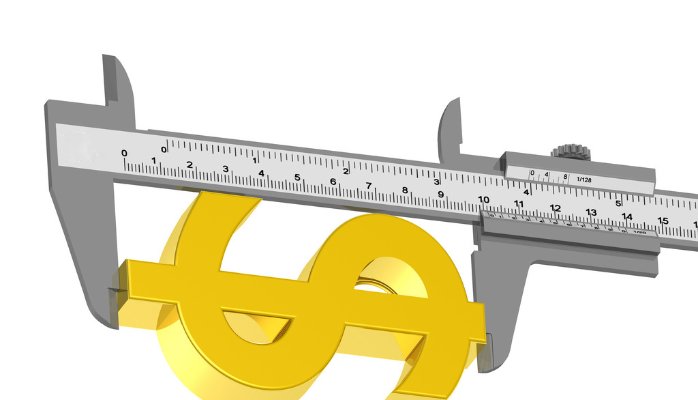You can’t manage what you can’t measure.
But, you can’t measure temperature with a speedometer either!
CSR Metrics and management frameworks must meet project and corporate needs
The key to using metrics and measurement to unlock value is having project-appropriate metrics and measurement.
The metrics and measurement should drive from the ‘why’ and the ‘how’ of the CSR project itself and not from some preconceived corporate or external framework.
Corporate wide frameworks are good, invaluable even in managing a corporation across multiple projects and operations. Modern management requires them.
But, they only work well if they support both the corporate and the project level. Frameworks and systems that provide corporate data and only add burden to front line operations should be looked at carefully, on CSR projects and corporate-wide.
CSR is an emerging and evolving area and it isn’t always easy to identify and accumulate appropriate metrics. This is true at the project site and especially true when trying to create corporate-wide metrics and frameworks.
We’ve all heard that you can’t manage what you can’t measure. In CSR especially there is another cliché every bit as true.
You can’t measure what you can’t measure!
Metrics need to fit the project and be as simple as possible. If they don’t they cost money, cause frustration and accomplish little.
Metrics and measurement are important for sure but sometimes corporate reporting frameworks, or directives to adhere to this or that global norm, standard or protocol, end up with the CSR frontline teams trying to measure the wrong things in the wrong ways.
This causes frustration, tension and does little to add value at either the corporate or the project level.
Don’t get me wrong. Every CSR project should rigorously and systematically measure progress and key indicators and have appropriate frameworks for recording and analyzing the data.
At the beginning of every project, or right now for those that started without metrics, there should be a thorough analysis of the ‘why’ and the ‘how’.
Why is the company investing time and money into this particular project and not another?
‘How’ can it track progress towards the ‘why’. This should provide the insights to help identify what metrics need to be tracked and measured.
The ‘how’ and ‘why’ answers will be generally be specific to each project so it stands to reason that the metrics that are tracked and managed would be project specific as well.
Once you have settled on metrics at a project level you need to set up a systematic process for acquiring them on a regular basis. And for analyzing them and using them to enable better management of the project.
You also need to regularly review the metrics themselves. It is not uncommon that a few months into a project it becomes evident that some new metrics need to be tracked and/or that some of the existing ones aren’t helpful to track, or need to be analyzed in different ways.
CSR metrics is about more than measuring spending. It is about supporting more efficient value creation
What is key is to find the metrics and the data collection and analysis protocols that allow the project to efficiently track progress and use that information to constantly improve project management and implementation.
This isn’t to say that all corporate CSR frameworks should be ignored or abandoned, or that compliance with global norms and protocols is unimportant. Far from it.
It is to say that project specific metrics that help you to do a better job of managing and implementing a particular project are as important. Sometimes even more important.
Good corporate frameworks should have the flexibility to accommodate and support project specific metrics and management.
Get the metrics right and new value can emerge.
Compliance with global norms, protocols and standards should be considered carefully and where/if they create too much added burden on CSR project management they may need to be reconsidered.
CSR metrics should, for the most part, be project specific and support the management needs and value creation goals of the project
But, they can often provide the foundation for corporate-wide metrics and frameworks. The trick is to let project specific metrics provide guidance and direction to the creation and even revision of corporate-wide metrics and CSR management frameworks.
CSR Metrics and management frameworks must meet project and corporate needs.
This article has been written by –
Wayne Dunn – President: CSR Training Institute / Professor of Practice CSR: McGill / Advisory Board at EU-AFRICA Chamber of Commerce
